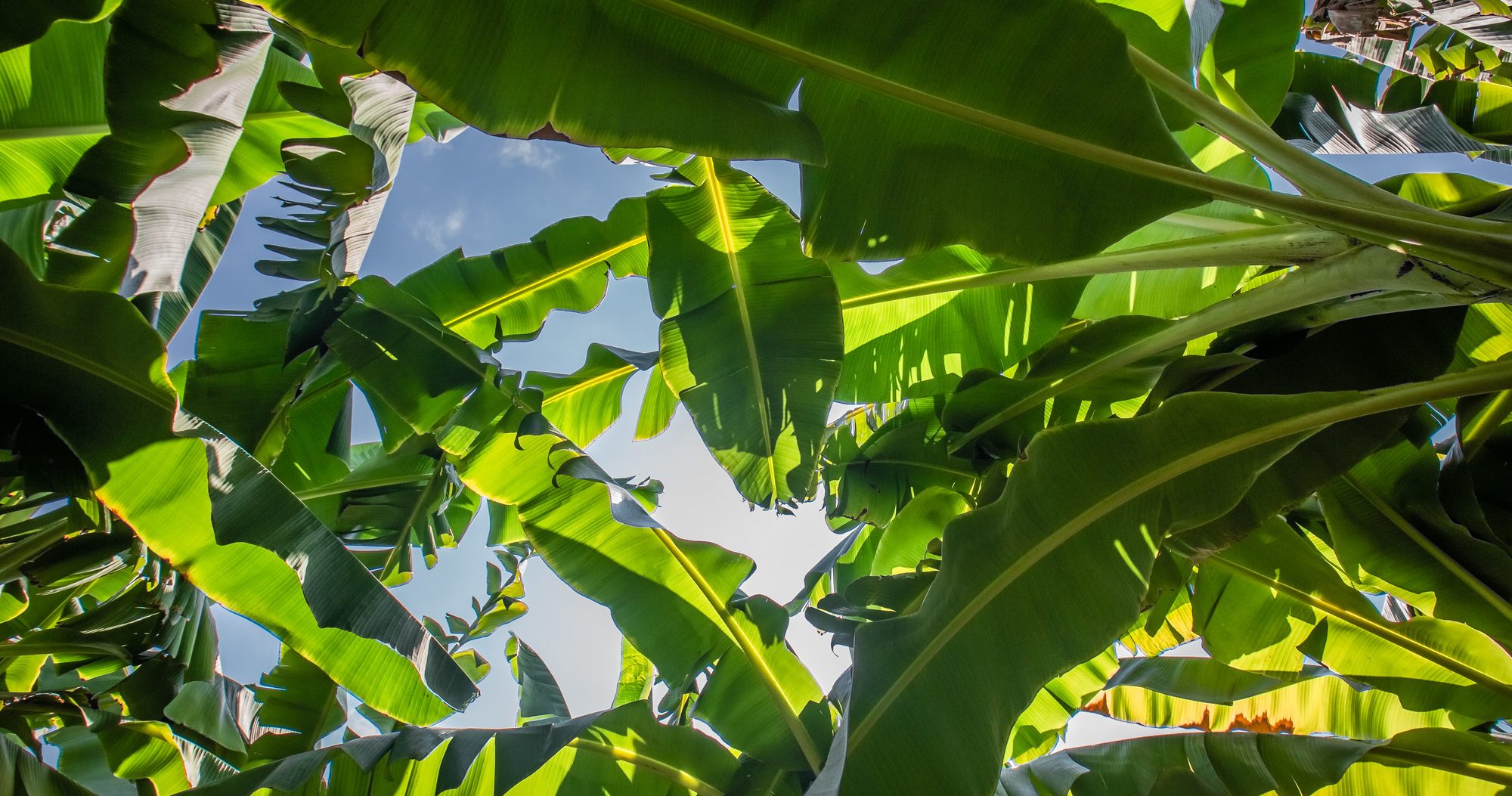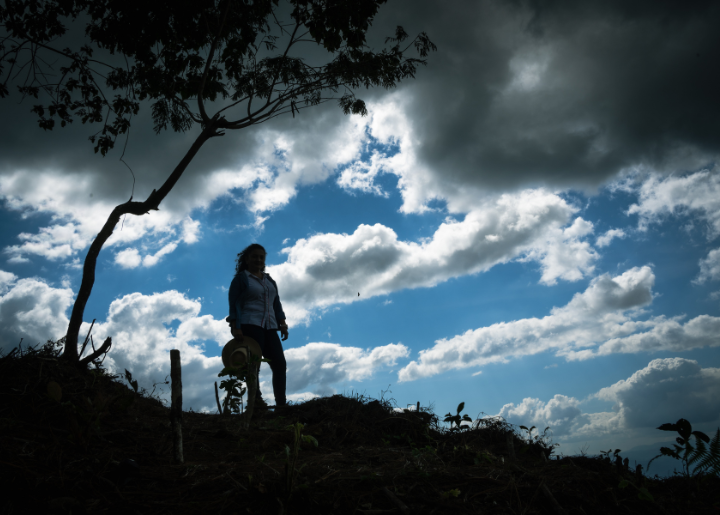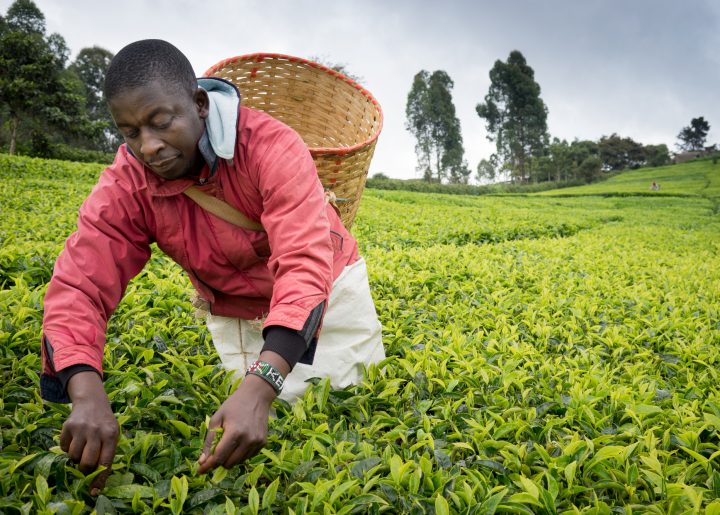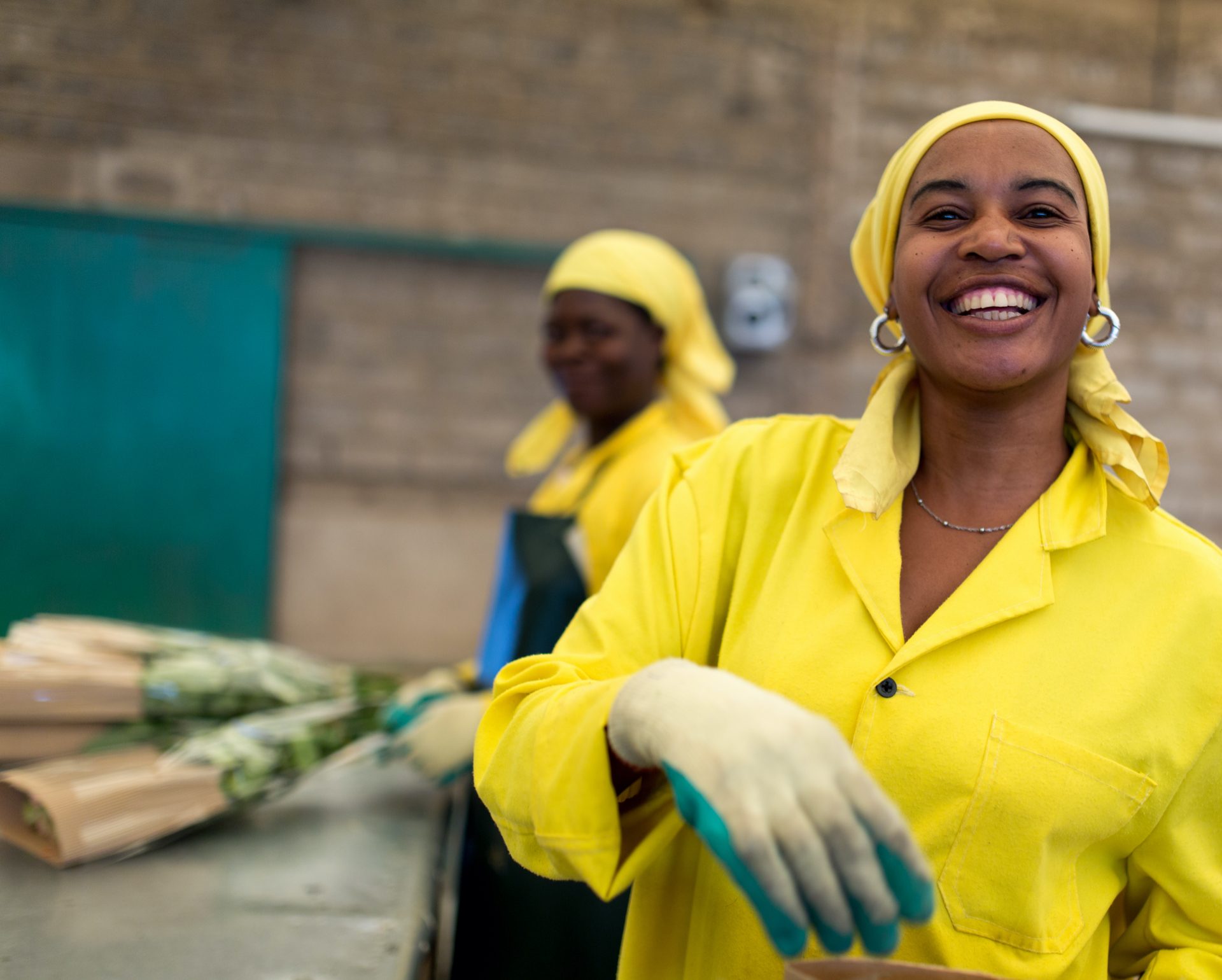Our Commitment
Fairtrade America recognizes that being inclusive is about action. Therefore, we are not only advocating for justice, equality and non-discrimination for farmers and workers in low- and middle-income countries, but also within our own organization and with commercial partners, governments and the communities where Fairtrade products are produced and purchased.
Fairtrade America has therefore committed to:
- Sustaining diverse producer representation in the Fairtrade movement, including maintaining at least 50% producer representation in our international General Assembly, our governing structure, to guide our decisions around the world not for farmers and workers, but with them.
- Challenging ourselves to routinely examine our own policies and ways of working to be more diverse, equitable and inclusive domestically.
- Finding more ways to enable producers to tell their own stories, informing US-based businesses, people and institutions of their realities as they see them. All too often, sustainability-focused conferences talk about producers, but rarely include them – we will work to add producers’ voices to these important discussions.
- Continuously examining our messaging and eliminating colonial, paternalistic or biased written, verbal and visual communication where it exists – if you spot something, please point it out so we can correct it.
- Attracting and retaining diverse staff and vendors in our hiring and procurement processes.
- Regularly educating ourselves and facilitating discussions with our team to keep diversity, equity, and inclusion practices top of mind. This includes guidance and support from our Board of Directors, qualified consultants, outside speakers, and others.
- Fostering a culture where it is okay to say “it’s not okay,” and having tough and important conversations – together.
As an organization and movement co-governed by farmers themselves, we work to make trading conditions fairer and to ensure that farmers and workers earn a sustainable wage for the food they grow. We fight against discrimination and abuse, including child labor and slave labor, that still exist and are even growing in many industries. We seek to be part of the solution.
However, we also recognize and acknowledge that the Fairtrade system exists because of historical inequalities and injustices brought about by colonialism. We draw inspiration from those who fought for centuries against those conditions here in the U.S. and around the world. The first Fairtrade organization started in 1988 in the Netherlands, out of solidarity with Mexican coffee farmers. We recognized then – and now – that the typical model of global trade exploits farmers and workers to deliver profits to middlemen and large companies, all while keeping the true cost of products hidden from shoppers.
Some of Fairtrade’s most popular goods are coffee, tea and cocoa, which have historically been microcosms of racism, cruelty and power. In developing our standards and system of programs, Fairtrade has taken this history into account and has aimed to transform trading conditions, so that those most wronged by these historical injustices have more control over their futures.
We're in this together
None of us can erase the past, but, together, we can work to improve the future.
Together, we have the ability to dismantle systemic, global racism. Together, we will continue to lead the way in advocating for the rights and welfare of those who have historically been left out. Together, we can make choices that build a better world and not perpetuate current inequalities.
We are holding up the mirror and taking a long look at our history. We invite you to join with us in shaping a better future for all.
Sign up for our newsletter
Get the latest Fairtrade news and impact stories. For shoppers, be first to hear about discount codes and giveaways. For businesses, learn how to make your business more sustainable.
Sign up now




